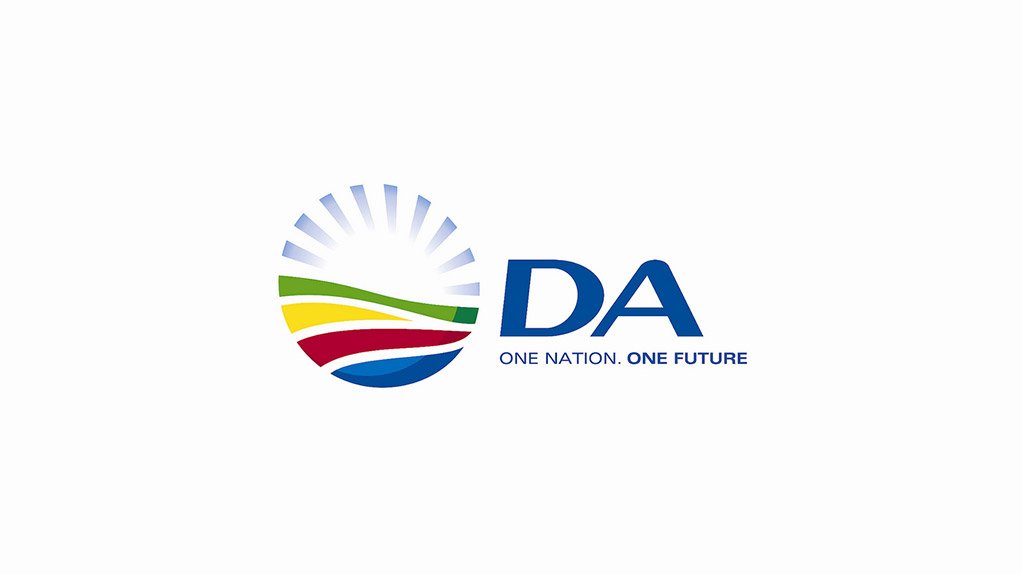/ MEDIA STATEMENT / The content on this page is not written by Polity.org.za, but is supplied by third parties. This content does not constitute news reporting by Polity.org.za.
Despite some welcome amendments, the DA maintains its steadfast opposition to the Basic Education Laws Amendment (BELA) Bill.
The Select Committee on education and technology, sports, arts, and culture yesterday adopted amendments to the Bill, incorporating proposed changes from the committee's deliberations. However, the DA remains deeply concerned about the potential impact of the Bill on schools and communities, as well as its failure to address systemic challenges within South Africa's education system.
The DA presented several proposed amendments to the committee, advocating for increased autonomy and empowerment for school governing bodies (SGBs) and local communities. While the select committee did make some adjustments based on the DA's proposals, the overall direction of the Bill continues to undermine these key principles.
Key Concerns:
Clause 4: Empowerment of SGBs: While the select committee did adopt some changes reflecting the DA's advocacy for empowering SGBs to determine language and admissions policies, the Bill still risks schools’ local governance and autonomy by placing the final decision in the hands of the Departmental Head (HOD), potentially stripping SGBs to ultimately decide the best interests of the communities they serve.
Clause 5: Language Policy Approval: The committee did adjust language policy provisions based on the DA's proposed amendments. However, the DA remains concerned about the practicalities and potential exploitation of these changes as the clause still empowers HODs with the authority to direct a school to adopt more than one language of instruction.
Centralisation of Procurement: The DA opposes the centralisation of procurement for teaching and learning support materials. Despite some modifications which allows SGBs to opt-out of central provision pending documentary proof that decentralised procurement would be more cost effective; the concern remains that the clause in its current form may limit schools' autonomy and the quality and cost-effectiveness of materials.
Compulsory Grade R: The DA supports the intention of making Grade R mandatory but has concerns about the implementation, funding, and impact on other essential programs such as the National School Nutrition Programme (NSNP) and learner transport.
Increased Regulatory Requirements for Home-Schooling: The DA finds the select committee's approach overly burdensome, potentially limiting parental choice and autonomy in their children's education.
The DA is deeply troubled by the lack of meaningful public participation in the legislative process, as evidenced by thousands of unanalysed email submissions that the ANC-majority portfolio committee disregarded.
The BELA Bill's focus on centralising power poses too much risk of abuse and fails to address critical issues such as overcrowding, curriculum failures, and the provision of safe and adequate education facilities. The DA will continue to advocate for education reform that truly addresses these challenges and empowers schools and communities to provide quality education for all South Africans.
Issued by Delmaine Christians MP - DA NCOP Spokesperson on Education
EMAIL THIS ARTICLE SAVE THIS ARTICLE ARTICLE ENQUIRY
To subscribe email subscriptions@creamermedia.co.za or click here
To advertise email advertising@creamermedia.co.za or click here











